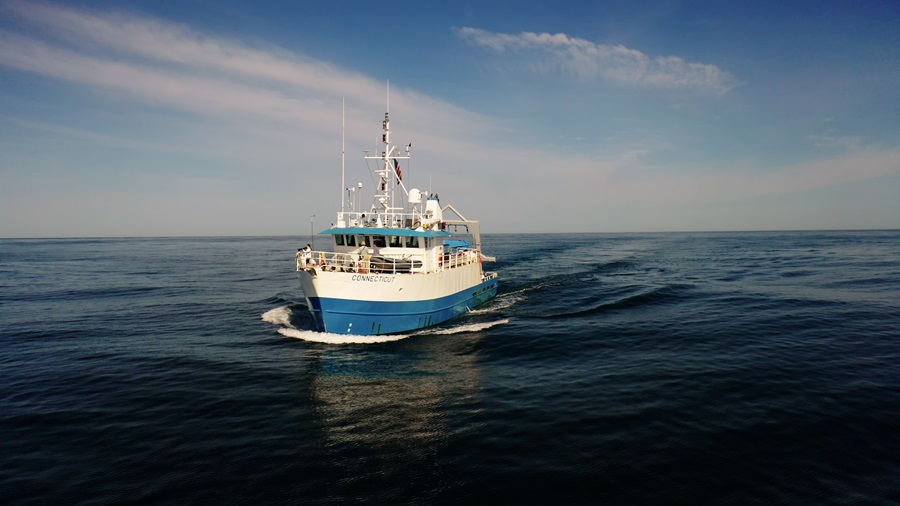As the striped bass continue their sluggish trek north, the canal remains quiet, as does the south shore of the Cape. So, we wait and wait some more. But not everyone is just waiting: flounder fishing remains good in the south end of the bay, with some nice fat flounders to 20 inches being taken on the charter boat fleet out of East Dennis and from Rock Harbor.
Thanks to the hundreds of cormorants who call Provincetown Harbor home, we no longer have flounder to catch in the spring like we used to.
The 10-mile-per-hour speed limit and ban on trap gear is set to expire on May 15, but that’s provided there are no right whales in the vicinity. Aerial surveys this week will confirm the status of their migration north, and NOAA will then make a declaration one way or the other. We’re hopeful that the whales are gone and the lobstermen can get back to work soon.
Last week, three fishermen off Hyannis would likely have lost their lives had another fisherman in the area not found them huddled on the hull of their capsized boat in 50-degree water. Two of the fishermen had no life preservers. They were squid fishing. They had come down from Boston to load up on squid, which they sell to Boston restaurants.
Every summer, I see these same squid fishermen in Provincetown Harbor, overloaded in their small, rickety boats after catching squid at night here. I can see that it would take nothing at all to capsize these tiny boats. My question: with all the on-water recreational boat inspections and safety checks that go on during the summer, why aren’t these nighttime squid fishermen being inspected as well? From what I see, I can pretty much guarantee they don’t stand a chance of passing inspection.
And speaking of rules that don’t seem to affect everyone fairly, President Trump on May 9 signed a proclamation reinstating commercial fishing in a critical national marine monument close to the Cape. The proclamation reopened commercial fishing access in all 5,000 square miles of the Northeast Canyons and Seamounts Marine National Monument off the coast of Massachusetts.

The previously restricted areas are about 130 miles southeast of Cape Cod and include the first and only marine national monument in the Atlantic Ocean. The monument was established to protect deep-sea canyons that have unique ecosystems that are being significantly affected by climate change. The Seamounts Marine National Monument has within its boundaries 54 species of coral and is a crucial feeding ground for many marine animals and mammals including whales, dolphins, turtles, and more than 10 species of sharks.
There’s some political football here, according to National Fisherman: originally designated as a national monument in 2016 under President Obama, the area was reopened to fishing during Trump’s first term in 2020, then closed again in 2021. On April 17, Trump signed a similar order opening part of the Pacific Remote Islands Marine National Monument to commercial fishing. That area had been declared a monument in 2009 by former President George W. Bush.
We seem to operate in extremes when it comes to fishing regulations. We are either overregulated or completely unregulated. My concern about this latest policy change has to do with who it will really help. It looks to me like opening up these waters is a change that will be significantly more advantageous to big corporate fishing conglomerates than it will to Ma and Pa independent fishermen who operate smaller vessels much closer to shore. Time will tell.



